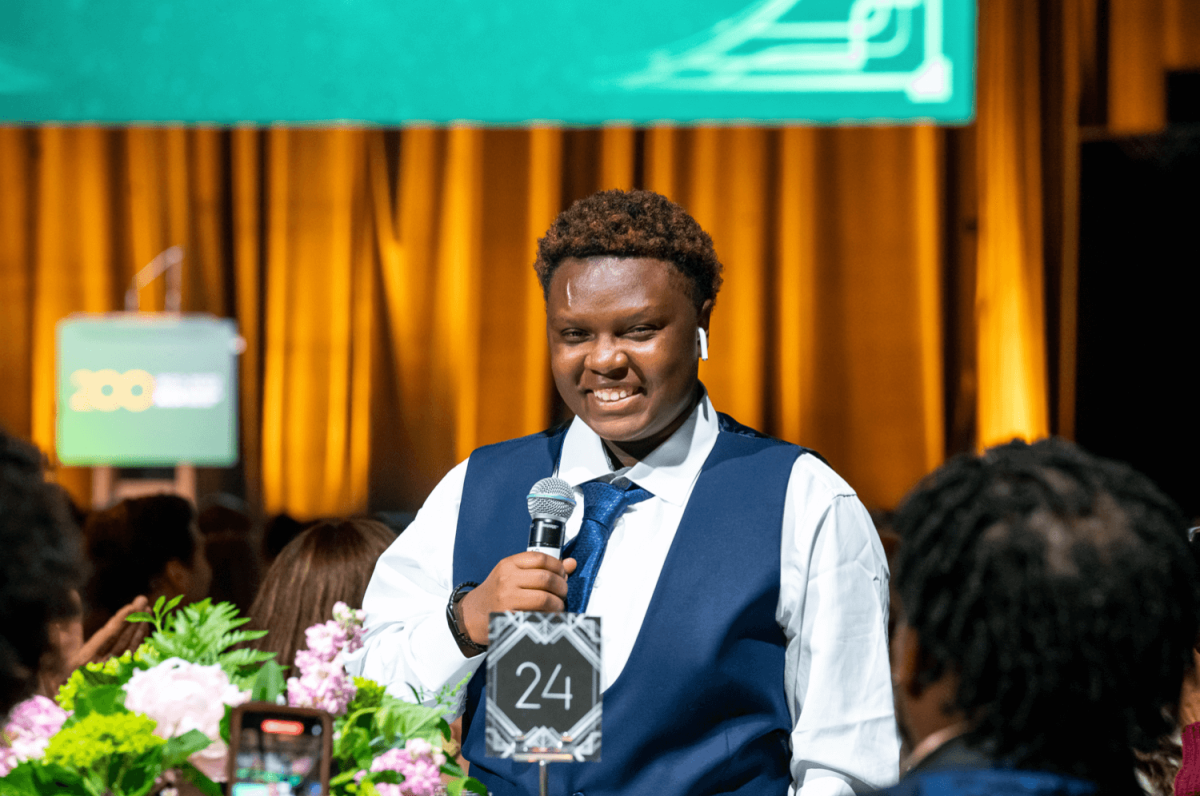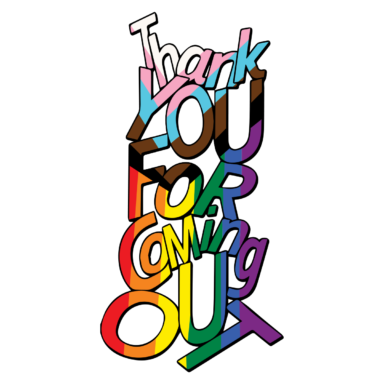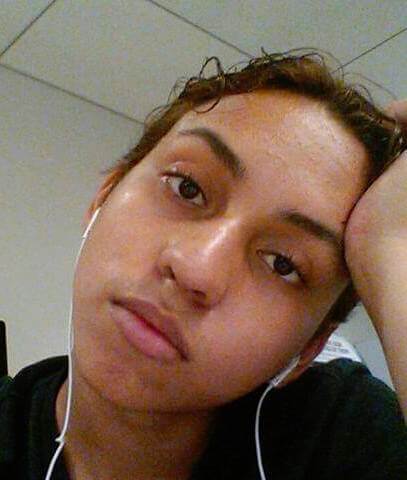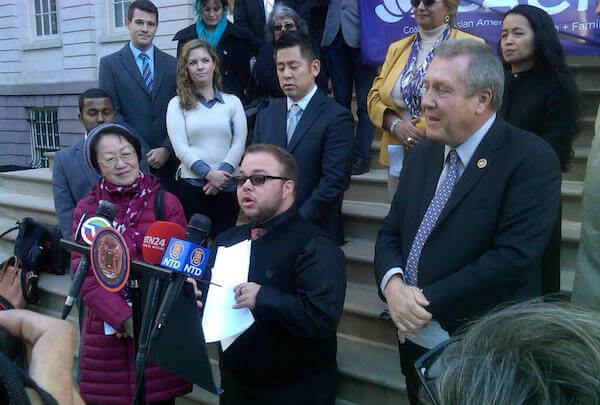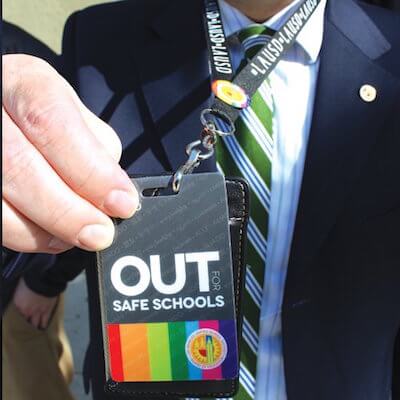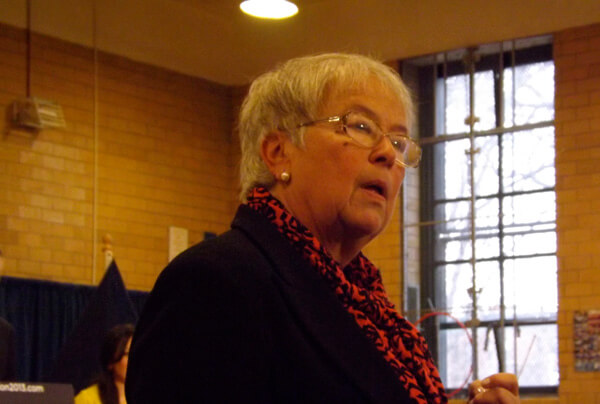Feeling different from the people around you can be stressful. As a 19-year-old trans man I know all about that stress, particularly related to wanting to be accepted for who you are and worrying about being rejected by those you love.
Like other trans people, I came out twice, once as gay and then as trans. I didn’t find it hard to come out to my mother as gay. But, when I came to terms with feeling less like a woman and more like a man, I struggled. I didn’t know how to tell her. I wanted to be proud of who I am but I was worried she wouldn’t accept me. And I’m not alone.
According to a recent report by the Williams Institute of UCLA, the number of youth who identify as trans has doubled in the last few years. The stress of being young and trans and being accepted is high. Perhaps not surprisingly, it is estimated that approximately 30% of youth in the US foster system identify as LGBTQ+ — a much larger figure than the 11% among the general youth population. And, approximately 40% of young people who live in shelters or on the street identify as LGBTQ+. Acceptance is an issue we deal with daily. We don’t need to do it alone.
Luckily for me I had a supportive network of people around me at Liberation Diploma Plus High School in Coney Island. The school is a partnership between the NYC Department of Education and JCCA, a 200-year-old child welfare organization.
When I was at my lowest, afraid to be my true self and depressed about hiding, it was my counselor at Liberation, Mr. Mike, who guided me and helped me find a way to talk to my mom, the person whose opinion and acceptance matters most to me.
Because of my relationship with him and the trusting and open community JCCA and the school created, I was able to confide in Mr. Mike and tell him how I was feeling and what I was going through. We talked through how I should come out to my mom and he told me that it’s OK if my mom would need time to process. He was right. I wrote my mom a letter expressing how I felt and what I was going through. After some time to process, she fully embraced me and even began to help me through the transition process, calling people who have been through similar experiences and gaining information about medical needs. I know many young trans people aren’t as lucky as me to have a great, understanding, and unconditionally loving mom. But everyone at least deserves to have a counselor or coach to have their back and support them in coming out.
It’s obvious that all young people are struggling these days. We see it all around us — among our friends and peers and in the news. The struggles for LGBTQ+ youth is even greater because too many people still don’t accept us for who we are and we are often scared to show up as our true selves and too often face hate when we do come out. That’s part of the reason why suicide rates among LGBTQ+ youth are four times higher than rates among cisgender youth.
Young people like me need more support systems. We need more people in our schools and in our communities to provide guidance and make us feel like we are not alone. I truly don’t know where I’d be without it. I certainly don’t think I’d be thriving the way I am today with hopes of one day becoming a counselor like I needed, someone like Mr. Mike.

